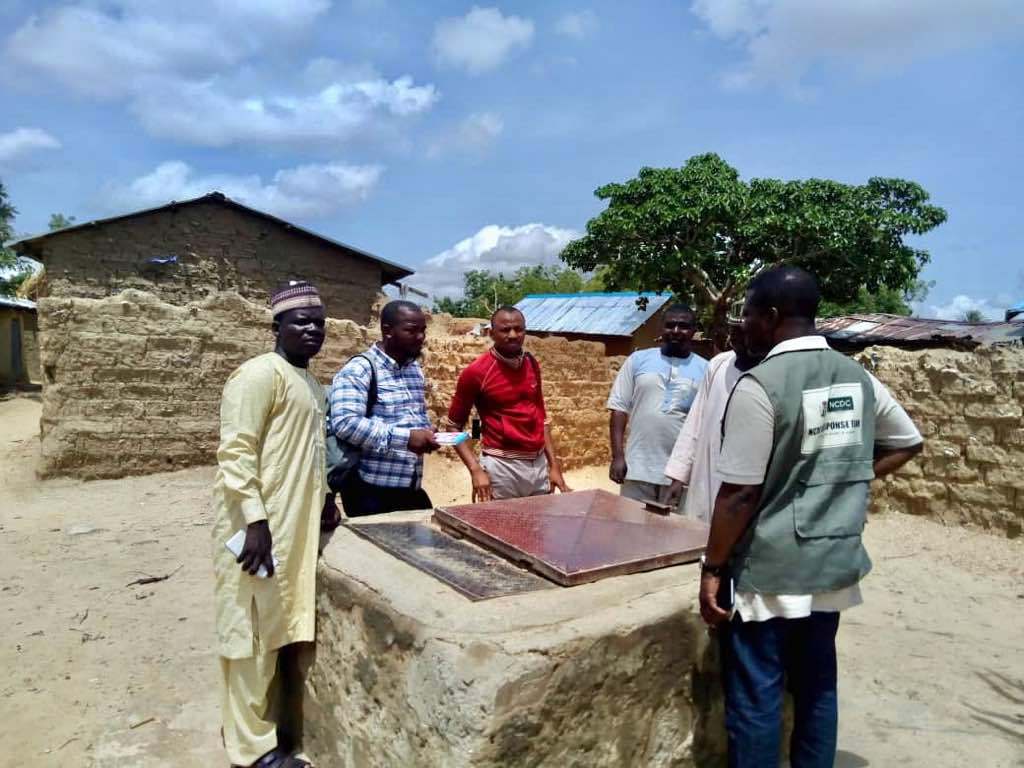Mr Ihekweazu said his agency, over the last few months, has supported states across the country to respond to outbreaks of the disease. As at July 8, a total of 16,008 suspected cholera cases including 186 deaths had been reported from 16 states since the beginning of the year.
Mr Ihekweazu said the primary focus of the response has been to improve access to water and sanitation in these states. He said the major challenge leading to outbreaks of cholera is poor water and hygiene facilities in many states.
“This has contributed to the spread of the disease and yearly outbreaks in many states in Nigeria. States are encouraged to prevent cholera outbreaks by improving access to water, sanitation and hygiene, WaSH. This remains the best way to prevent cholera.”
The intervention in providing the WaSH component of the response is being led by the Federal Ministry of Water Resources.
The ministry has provided motorised solar-powered boreholes, sanitation units with hand washing facilities, as well as blocks of latrine compartment in affected states. Nigeria is also working with other Lake Chad basin countries to strengthen cross-border collaboration for cholera control.
According to Mr Ihekweazu, “Cholera cases are being treated at designated treatment centres in affected states. We are working with the State Ministries of Health, the World Health Organisation (WHO), UNICEF, and other partners to support the response. However, the primary problem and solution lie not in health, but in improving water and sanitation.”
A cholera outbreak has become a yearly occurrence in the country. Historic epidemiological data shows that Nigeria experiences two peak periods of cholera outbreak in a year, the first during the rainy season and the second during the dry season.
NCDC has advised that prevention is the only key way of stopping the spread of the disease.
“We advise that there should be an increased focus on the provision of Water, Sanitation and Hygiene (WaSH).”
NCDC also added that states should ensure early reporting, adequate preparedness including the provision of WaSH facilities, medical supplies, and the institution of proper case management practices across health facilities.
Source: The Premium

 Although cholera cases are still being reported from eight states, there has been a general decline in the number of new cases, the Nigeria Centre for Disease Control has said. The eight states where cases are still being reported are Adamawa, Bauchi, Kano, Katsina, Zamfara, Kogi, Plateau and Kaduna.
Although cholera cases are still being reported from eight states, there has been a general decline in the number of new cases, the Nigeria Centre for Disease Control has said. The eight states where cases are still being reported are Adamawa, Bauchi, Kano, Katsina, Zamfara, Kogi, Plateau and Kaduna.




